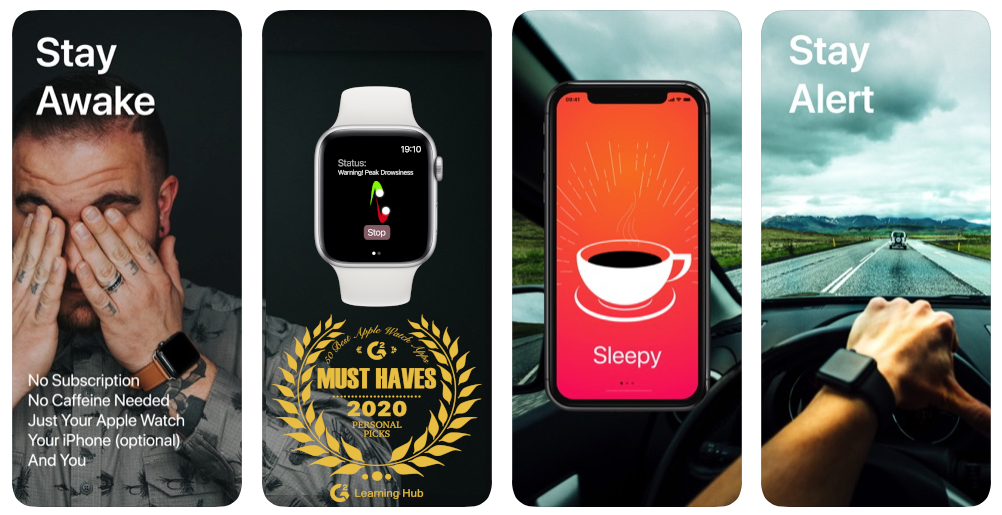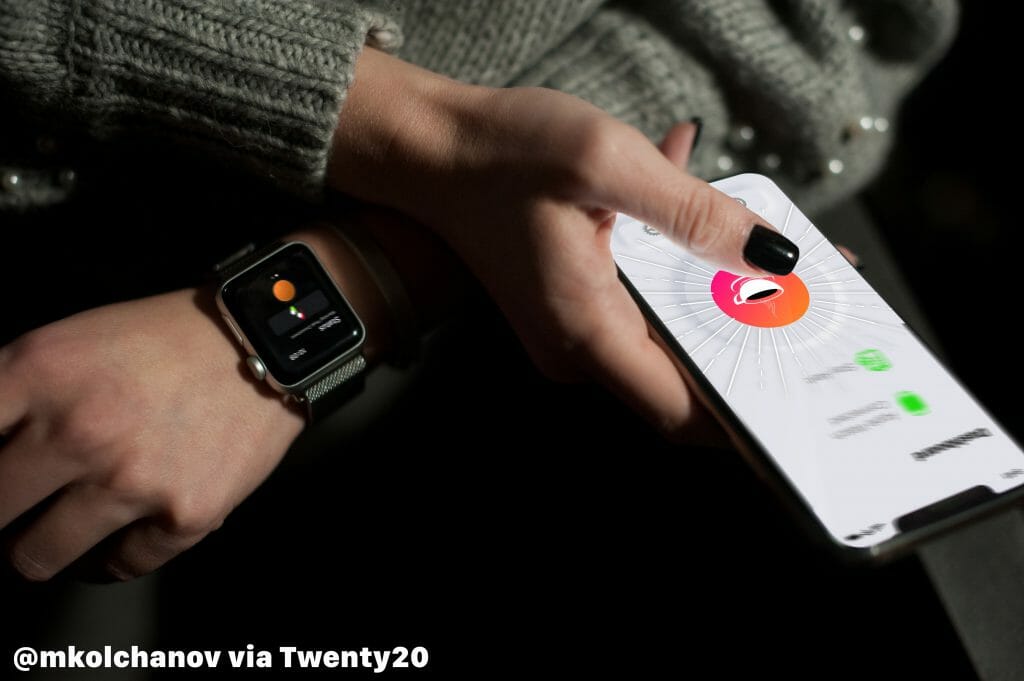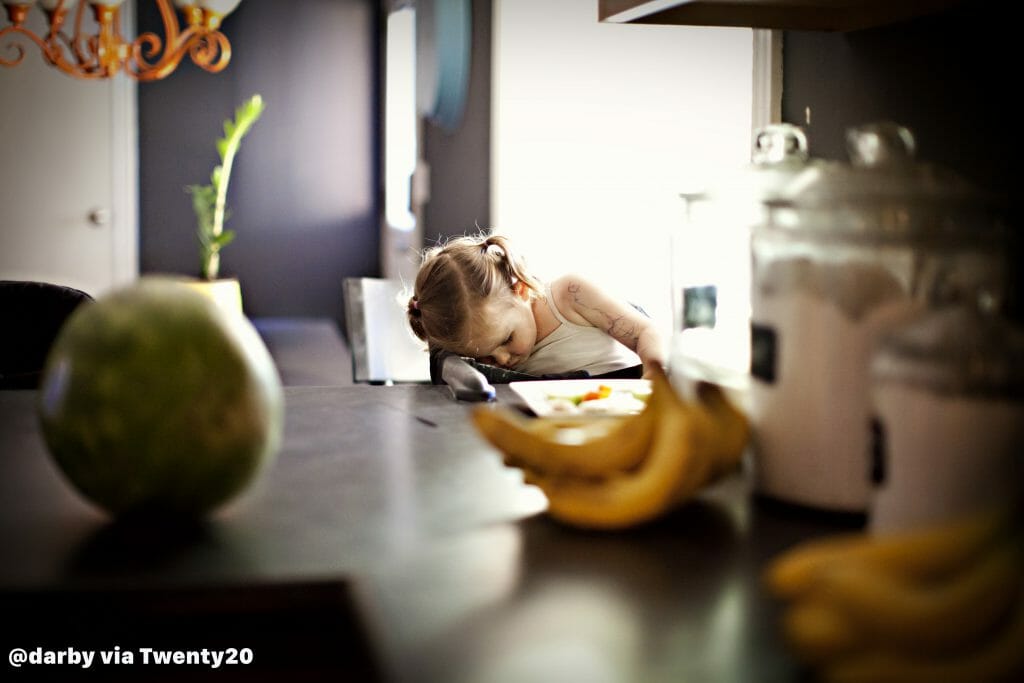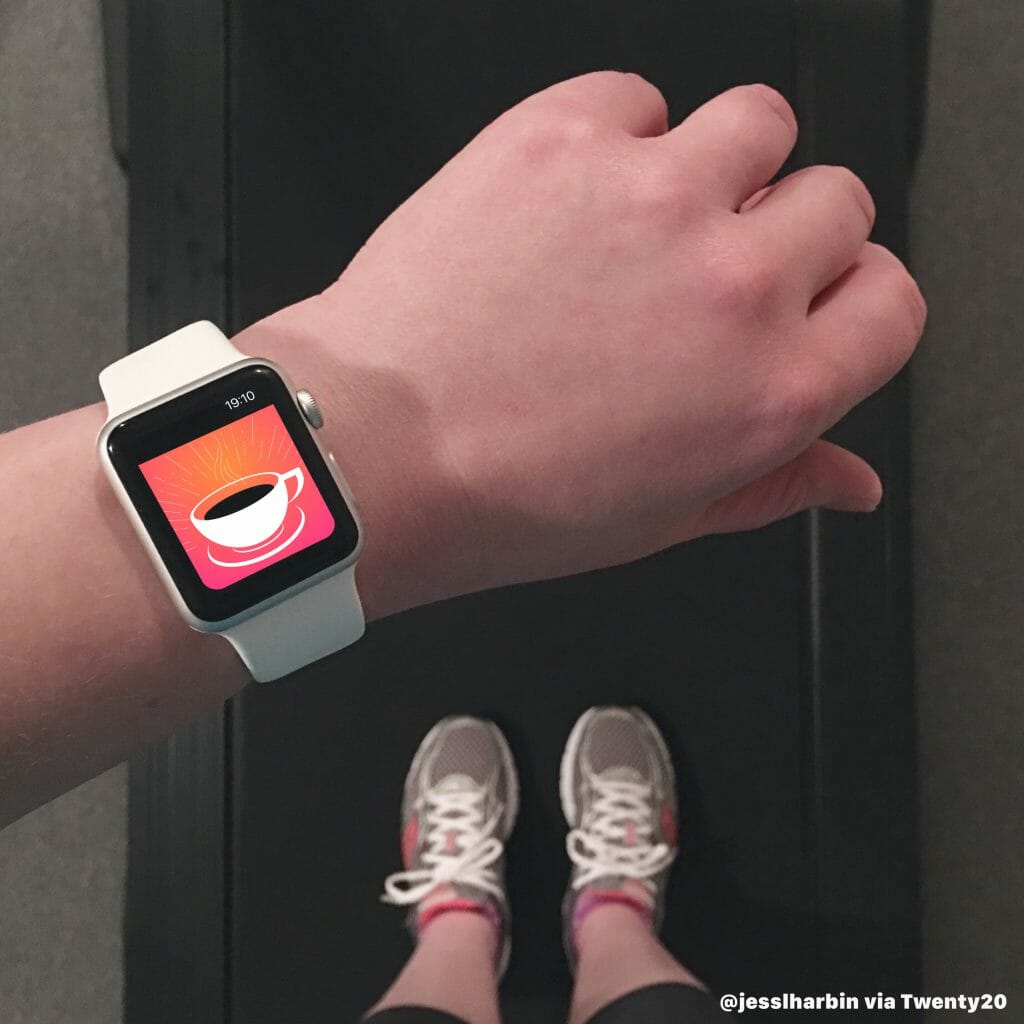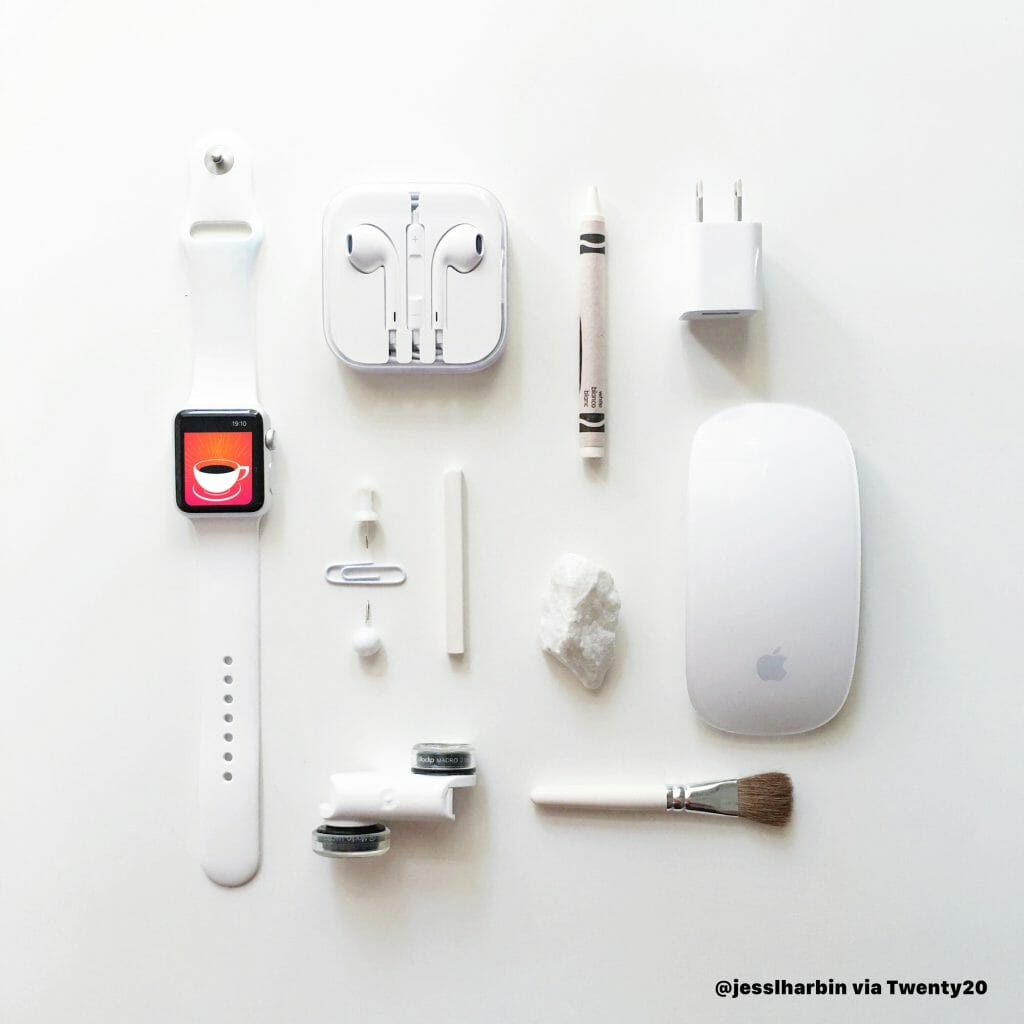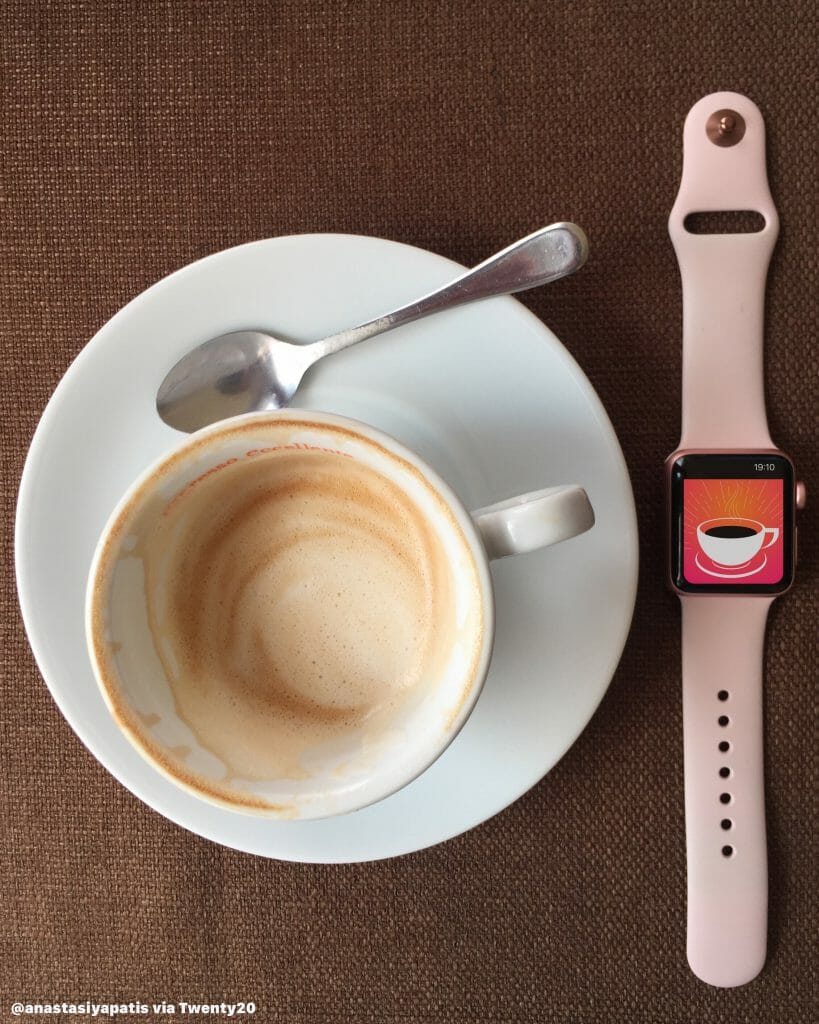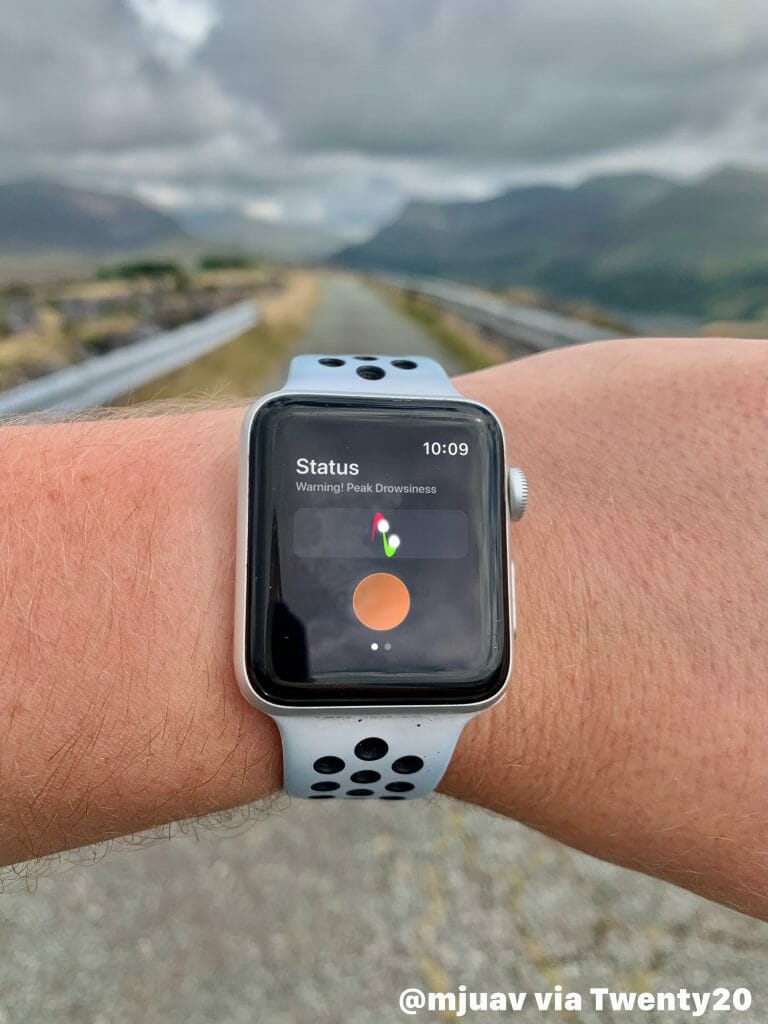Caffeine, Studies and Your Skin
Experts & Your Choices
Your Life, Your Choices…
Where I live daylight hours are starting to get longer, but most days seem to be overcast, dull and cold, (not the most optimal conditions to be trying to give up caffeine).
During a break I read an article on the pros and cons of drinking coffee, and the question came up if coffee was bad for your skin and concluded that it depends on how you consume it.
Now, given that it’s cloudy, cold and dark around here, and knowing that at least a couple of people have decided to give up coffee and caffeine, I wondered how many people would use an article like this to justify continuing to over consume caffeine in it’s various forms.
Later I read a few studies around this topic and decided to write a brief post on the importance of choosing what’s best for you.
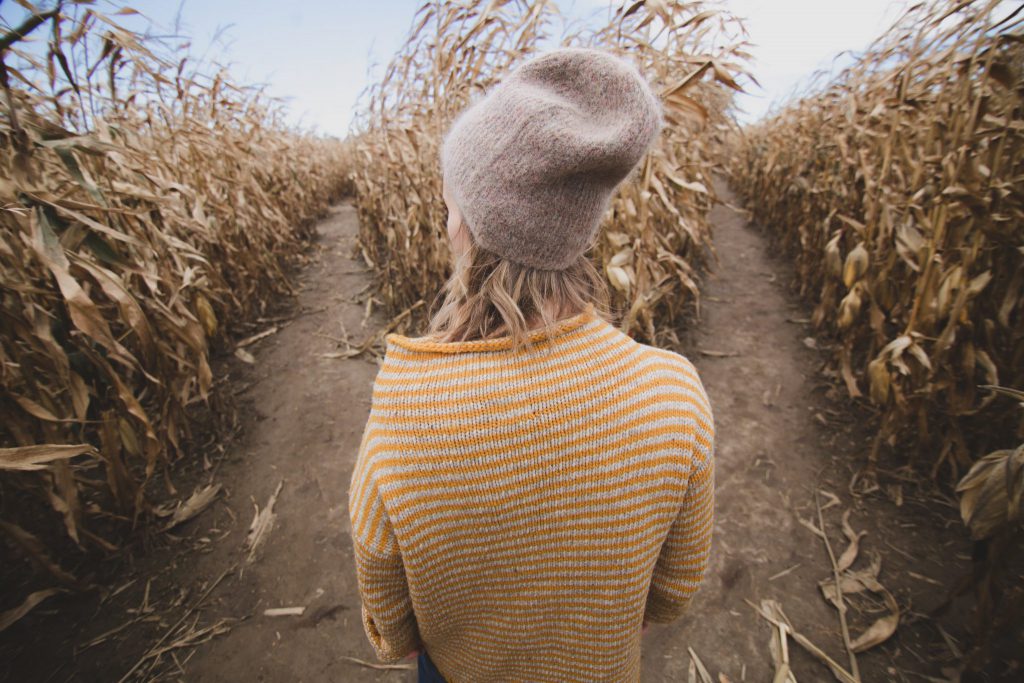
Which One?
Life seems to be all about choices; the ones we’ve made in the past, our present, and the future. Some are good, some not so much. Either way whatever we choose have consequences, and it’s thoughts about these consequences that can grind us down or help us to make impulse decisions.
Which is why so many of us find it easy to default to what the experts say on what is right or wrong, good or bad. The thing is, that many of the experts can’t agree on anything. One group of experts says one thing is good, only to be contradicted by another group. Which expert is right? (Yet another choice).
Bias and Objectivity
In this scientific age of reason, it is easy to assume that once we have all the facts (or as much of them as we can handle) in front of us, that by using reason and logic we can make a reasonably objective and informed judgement on what is right and what is wrong.
“Well, the science tends to suggest that this is correct”, which is true in a very specific environment, but may not be so in another. Researchers and academics no matter how noble their intentions and rigorous their methodologies are not immune to their biases, which is why they have peer review boards and associations to cross check their findings. Even I admit that I may have a few biases 😉
Knowing this helps us to understand why there can be contradictions in studies that apparently test the same thing.
A Few Pointers
Let’s go back to the article that I mentioned at the beginning of this post. By the time we get to the end of it we have a list of facts that explain away the contradictions regarding caffeine and its effects on your skin:
- Caffeine may help prevent skin cancer, but drink no more than one to two cups per day of black coffee with no sugar (eating chocolate and drinking sodas don’t help either).
- Drink high quality coffee and not decaf.
- You don’t have to drink coffee to get the skin cancer fighting benefits. Apply coffee/caffeine directly to your skin.
So drinking a moderate amount of black coffee a day can help prevent skin cancer (and other cancers). Drinking six plus cups of sweetened or milky coffee can have adverse effects on your health.
If you are trying to give up caffeine, but want the benefits (for your skin at least), rub coffee or caffeine into your skin, you don’t have to eat or drink it!
A Brief Recap
So, truth is in the eye of the beholder. Experts are subject to their own biases just as much as the rest of us.
Understanding this should lead us to cross check and find counter arguments against a particular point of view so that we can try to get a better insight of the topic.
What’s Best for You
Goals are good, they help to motivate us to do better, but I think that there’s a better way to improve that is sustainable and will take us beyond our goals.
Implement systems or processes into our life that will make us improve every day if we so desire. As an example, instead of saying “No more coffee or caffeine for me ever again” how about trying to see how many days you can go without caffeine and give yourself rewards at set milestones to help encourage you to keep going?
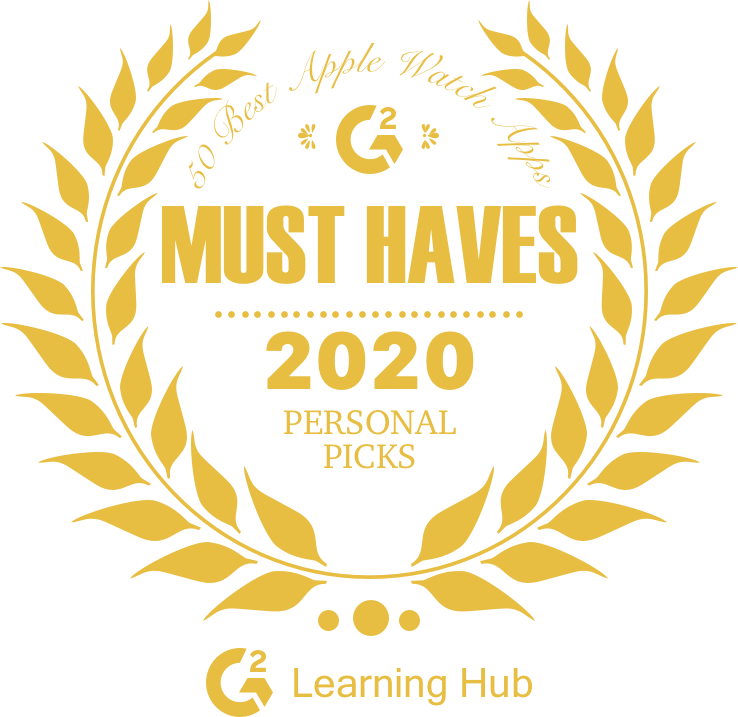
Now available on the App Store, download it now!
